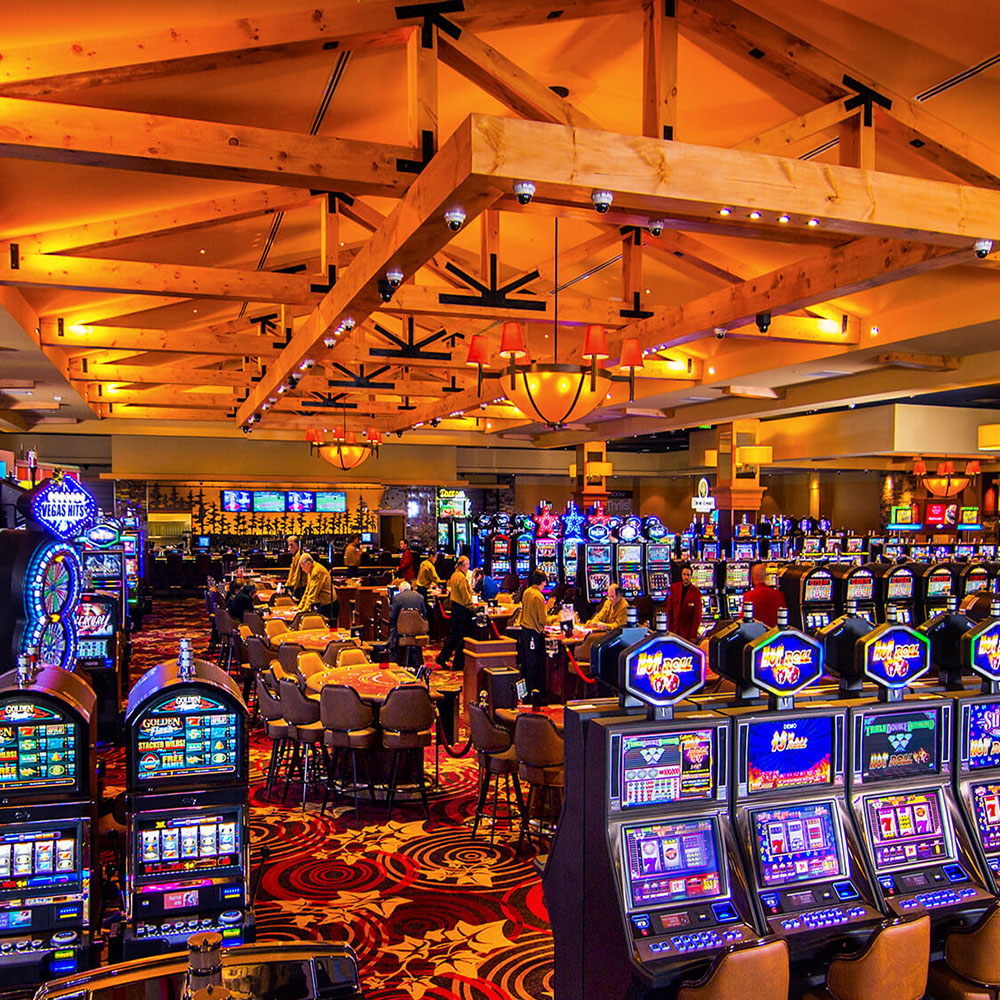
Betting has been an important part of human recreation for millions of years, evolving through societies and eras to become the exciting casino games we know today. From the historical Chinese and Romans, who participated in different forms of gambling and chance, to the sophisticated gaming floors of today’s casinos, the appeal of gamble and winning has captivated individuals across the globe. The change from basic dice games and rudimentary betting setups to the lavish environments of modern casinos reflects significant strides in both social norms and technological advancements.
As cultures evolved, so too did the complexity of gambling activities, with casino games emerging as a distinct category of leisure and thrills. These games have changed from informal gatherings centered around traditional tables to expansive, lavish establishments designed to attract players. Today, we delve into this fascinating journey, examining how historical practices laid the groundwork for the varied and thrilling casino games that bring pleasure to countless people worldwide.
spintax
Historical Wagering Traditions
Betting has deep roots in human past, with evidence of activities of chance originating from ancient civilizations. Archaeologists have found that as far back as 3000 BC, the Chinese were using rudimentary forms of betting with dice made from ivory. Similarly, ancient cultures of Mesopotamia engaged in wagering activities, often relying on the casting of lots or dice to determine winners. These early forms of gambling served not only as entertainment but also played important roles in social and cultural customs.
The Egyptians also participated in betting activities, with games that included betting on the outcomes of various occurrences, including sports and spiritual festivals. Items such as dice and depictions of gamblers from ancient tombs illustrate that gambling was a frequent pastime. It provided both relaxation and a means of engaging in social connections, often linked to joyful occasions or important gatherings. This activity showed the universal appeal of chance and competition throughout the ages.
In ancient Rome, betting became a commonplace practice among the citizens, as evidenced by references in literature and the establishment of guidelines around certain games. Romans enjoyed a variety of gambling activities, from wagering on horse races to playing games similar to modern-day board games. The legal system surrounding these activities began to take shape, establishing the foundations for gambling regulations that would evolve in the centuries to come. The fame of betting during this period set the stage for the development of casino games in the future.
The Development of Gambling Games
Casino games have experienced substantial transformations from their beginnings to the contemporary entertainment options. In ancient civilizations, gaming was frequently linked to ceremonial practices, with games of dice found in the ancient Mesopotamian region and betting on the outcomes of events in old Rome. These initial forms of gambling laid the basis for the organized games we see today. The change from informal gambling to regulated games happened as societies began creating rules and venues for wagering, demonstrating cultural values and practices.
The Middle Ages saw the rise of card games, which gained recognition among the nobility of Europe nobility. Games like the first and baccarat became staples in social gatherings. The development of printing technology further facilitated the spread of playing cards, making them more available to the common people. As gambling houses began to increase, these card games evolved into different forms that appealed to wider audiences, eventually leading to the establishment of casinos as dedicated venues for gaming.
The 20th century marked a significant point in the development of casino games, with the rise of commercial casinos in Vegas and other gaming hubs. This era brought forth games like slot machines and modern versions of table games, complete with sophisticated graphics and intricate betting structures. The arrival of online casinos in the late 1990s further changed the gaming industry, allowing players to access a great variety of casino games from the convenience of their homes. Today, gambling games continue to develop, blending traditional elements with state-of-the-art technology to create captivating experiences for players around the globe.
Modern Gambling Laws
In the past few years, the landscape of gambling regulations has developed significantly, particularly as technology and online gaming have become ever prevalent. Governments around the world have introduced multiple regulations and guidelines to guarantee that gaming activities are carried out fairly, responsibly, and transparently. These regulations often cover elements such as permits, advertising, gambler safeguards, and responsible gaming measures. Authorities aim to mitigate issues such as problem gambling and fraudulent activities while supporting a fair gambling environment.
The rise of internet gambling sites has created a need for a different approach to oversight. Many jurisdictions have created specific internet-based gambling structures that cater to online gaming, allowing operators to offer their offerings legally. These structures often demand operators to obtain permits, adhere to strict safety protocols, and offer assistance options to assist players. https://bandkpower.com/ By closely observing online activities, regulators can more effectively protect players from risks and ensure that gaming is conducted in a safe manner.
Furthermore, modern gaming laws are increasingly concentrating on sensible gaming strategies. Many gaming establishments and online sites now implement features such as self-exclusion, deposit limits, and breaks to help players manage their gambling habits. Educational campaigns aimed at educating about the risks of gambling are also common. As the industry continues to expand, the emphasis on responsible gambling remains a cornerstone of governing efforts, reflecting a commitment to promoting a secure and pleasant gambling experience for all gamblers.
